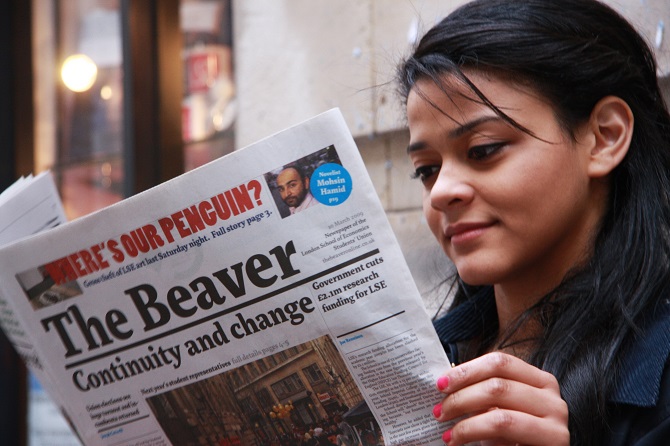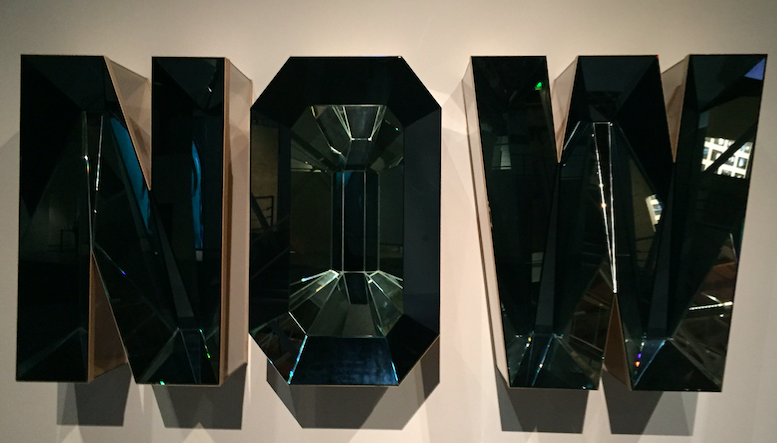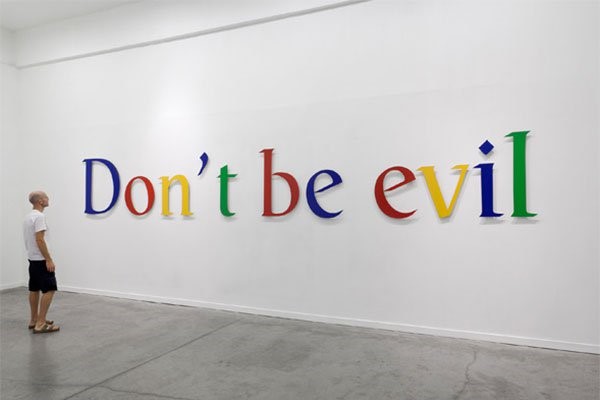 Polis Intern Alex Forbess reports on the latest Polis Media Agenda Talk featuring The Guardian’s Nick Davies.
Polis Intern Alex Forbess reports on the latest Polis Media Agenda Talk featuring The Guardian’s Nick Davies.
It seems simple: if you see a child picking on one of his classmates, a parent, teacher, or even a police officer, would intervene and tell him to stop. But investigative journalist Nick Davies says there was no such protective reaction to the raw, abusive power news kings like Rupert Murdoch can bestow upon society, let alone a playground.
Davies alleged that it was that same power that influenced Clive Goodman, former royal editor for News of the World, to conduct the infamous 2005 phone hacking scandal on Prince William. And the same power of Murdoch that meant the Metropolitan police did not investigate further allegations properly. Davies said:
“This wasn’t just a story about journalists breaking law. They were breaking the law systematically.”
During Murdoch’s rise to power, many of his reporters took advantage of this seemingly unstoppable force and breached people’s privacy in unimaginable ways, according to Davies. From listening to voicemails, hacking emails or deceiving banks or hospitals to release confidential information, the list kept going which made Davies wonder, “Why didn’t the police investigate this?”
With so much power being obtained by News of the World and other Murdoch-owned newspapers, many MPs and public officials were scared to speak out. They knew that once these reporters even touched their professional or private life, they could not only destroy them.
It just goes back to the “bully” reference that Davies brought up. When the other kids see him beat up two or three kids, they got the message to never mess with him.
“Murdoch’s power was fear,” Davies said. “They (reporters) became used to bullying.”
So in a sense, the practice of journalism was now at stake. With the public at last taking notice after the Milly Dowler revelations, this was a chance for Davies to show not all reporters are bad.
In fact, this story would not have gained momentum if former newspaper editor Stuart Kuttner had not said “rubbish” when Davies first uncovered the Royal kneecap incident with Goodman. This led a Murdoch reporter to contact Davies two days later to confirm Davies’ allegations and to share more information on the corrupt system.
Davies discovered that the police had evidence that Murdoch’s reporters hacked about 5,500 victims, not just eight as previously stated. Yet, senior officials, whether it was from the police or Murdoch’s newspapers, kept telling Davies’ editors that these stories are false.
For outsiders, this is all unimaginable to comprehend.
On the one hand, clearly there are a few reporters like Davies who will expose the injustice that takes place.
But on the other hand, even though the Murdoch Empire has been tarnished and the worst behaviour reined in, the “schoolyard bully” concept is arguably still present, whether it is because of weak media regulation or just plain fear of upsetting the media.
Another scary fact is that when you all think about it, most of these stories that involved phone hacking were relatively trivial human interest stories. Stories involving little in the way of public interest but somehow, we crave it.
Sure, we condemn these illegal acts but the majority still wants these scandalous stories available. The power of the press may still be an issue, but perhaps the real problem is the dilemma of satisfying readers and viewers while observing ethical principles.
I can see Davies’ experience as a test for anyone involved in or studying journalism. Should we cave into accessing this obtainable, persuasive power that can enhance our “inner-bully” or do we decide to show real power and resist by showing every article, segment and podcast can be produced professionally?
This article by Polis intern, Alex Forbess @ASForbess
Polis Media Agenda Talks are every Tuesday at 5pm and are free and open to the public – details here





